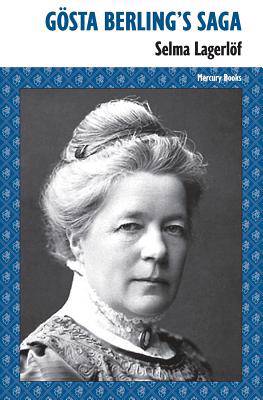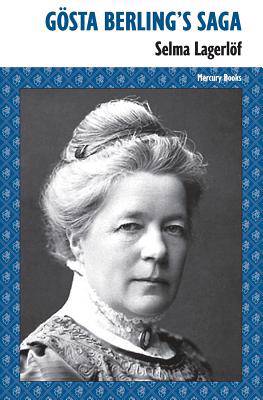
- Retrait gratuit dans votre magasin Club
- 7.000.000 titres dans notre catalogue
- Payer en toute sécurité
- Toujours un magasin près de chez vous
- Retrait gratuit dans votre magasin Club
- 7.000.0000 titres dans notre catalogue
- Payer en toute sécurité
- Toujours un magasin près de chez vous
Description
Gösta Berling is a failed parson in nineteenth century rural Sweden, too fond of pleasure and the drink, torn by conflicting aims -- the charm and deceit, love and laziness in him fighting for supremacy. He teams together with a group of sometimes dissolute, often well-meaning freemen of their district to evict the seemingly mad owner of a great rambling house at the centre of its own semi-feudal estate, Ekeby. This group call themselves the cavaliers.
In her telling of what happens next, Lagerlöf creates a strange fusion between the realism of authors like Ibsen and Strindberg and the mythic force of the Scandinavian sagas. Gösta's great loves, his enemies, those to whom he teaches lessons about life, either intentionally or accidentally, and others whose stories he has only a small part in, all start up from the page into a strange, elemental clarity, creating a sprawling mosaic of romance and realism.
This first novel from the deeply original mind of the 1909 Nobel Prize winner weaves a balance between everyday rural reality and underlying dreams and fable to create a patchwork of extraordinary complexity and looming fascination, in which the reader can detect the author's passion for the stories of her country, and her sceptical warmth for the troubled human spirit.
Spécifications
Parties prenantes
- Auteur(s) :
- Traducteur(s):
- Editeur:
Contenu
- Nombre de pages :
- 604
- Langue:
- Anglais
Caractéristiques
- EAN:
- 9780648023357
- Date de parution :
- 25-03-18
- Format:
- Livre broché
- Format numérique:
- Trade paperback (VS)
- Dimensions :
- 133 mm x 203 mm
- Poids :
- 680 g

Les avis
Nous publions uniquement les avis qui respectent les conditions requises. Consultez nos conditions pour les avis.






